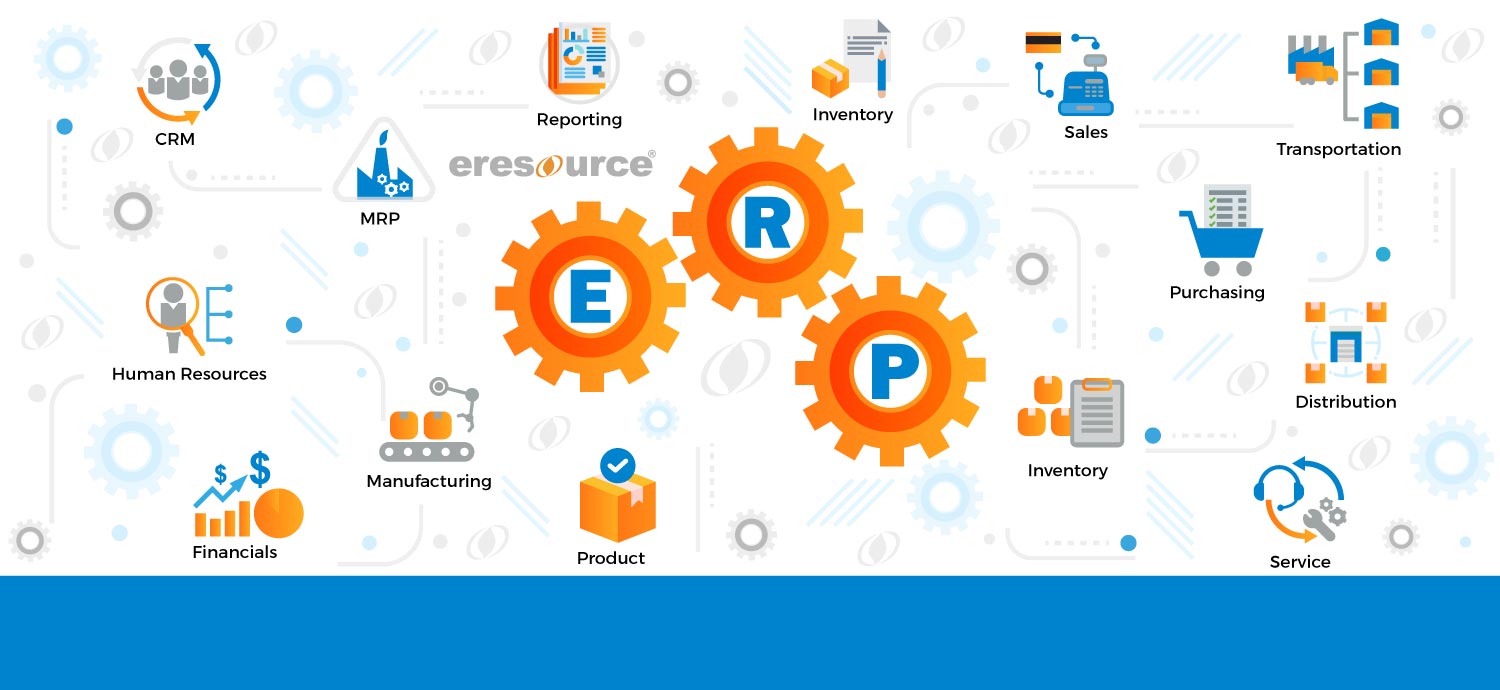Several promising reports suggest that most midsize businesses are employing ERP systems to address various business challenges, such as globalization, lean manufacturing, e-business operations, consolidation, shared services, supplier collaboration, and meeting the demands of new customers.
Very few midsize businesses, it has been discovered, do not currently use an ERP or MRP (Material Requirements Planning, the predecessor to ERP) solution. For those enterprises, there are a variety of compelling reasons to invest in ERP, which is generally regarded as essential infrastructure for midsize businesses. Numerous midsize businesses claimed the accessibility of low-cost solutions, pressure from the parent firm, suppliers, or consumers, “explosive” growth, adherence to regulatory standards, and a “disastrous event” as reasons for their conviction.
An organization must utilize an ERP solution to the fullest extent possible in order to reap the greatest benefits. Surprisingly, though, this is not always the case. Given the cost of purchasing and implementing an ERP system, it is typically underutilised. According to market survey data, only 11 out of 24 generic ERP modules, or roughly 72% of the available capabilities, are used by the average midsize organization.
Also Read – Best ERP for Construction in UAE
Business management software for midmarket businesses
As there are some major ERP vendors who already dominate the market among major international corporations, strive for the midmarket, the market for midmarket ERP offerings is already congested and becoming more competitive.
As more ERP models with exclusive solution for various industrial segments are introduced gradually, some undervalued midmarket ERP suppliers offer their business-management software on a modular basis, making it possible for them to be deployed separately and combined.
ERP investment is a significant factor as well and should be planned effectively. ERP is not cheap, and the price varies greatly depending on the organisation. The TCO (total cost of ownership) of an ERP package depends on a variety of factors, including the size of the company, the number of ERP users, the depth and breadth of functionality acquired, and the economic advantages derived from the ERP deployment.
Midmarket businesses need more complex systems to support and manage their operations as they expand into international markets. By controlling costs, incorporating efficiencies into the production and supply chain operations, and streamlining and automating business activities across the organisation, companies may employ enterprise-grade technology as a competitive advantage with ERP. ERP may make the difference between success and failure for some businesses. Call us at+91 77389 72222 or Email us info@eresourceinfotech.com for FREE Online ERP Software demo!
Also Read – How Construction ERP Software is useful for Civil Work
Categories
Register for Free Demo!
Recent Post
-

eresource ERP 360 - an
11th Apr 2019 -

A competitive ERP system for
17th Apr 2019 -

Auto components manufacturing industry has
17th Apr 2019 -

Make the best use of
17th Apr 2019






